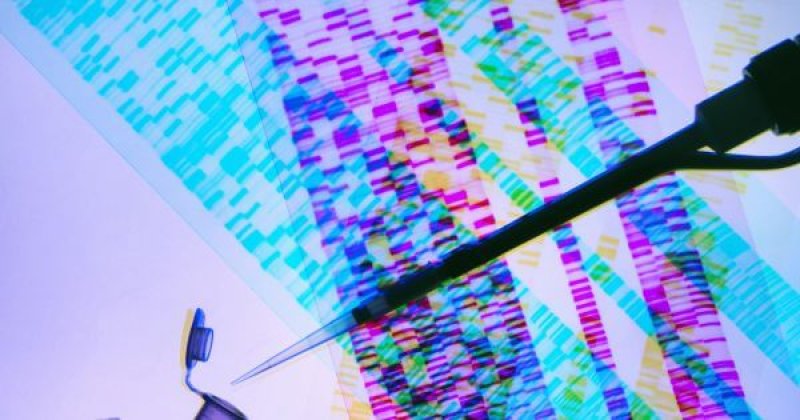Most of the human genome — 98 percent — is made up of DNA but doesn’t actually encode genes, the recipes cells use to build proteins. The vast majority of genetic mutations associated with cancer occur in these non-coding regions of the genome, yet it’s unclear how they might influence tumor development or growth.
…
“Most cancer-related mutations occur in regions of the genome outside of genes, but there are so incredibly many of them that it’s hard to know which are actually relevant and which are merely noise,” said senior author Trey Ideker, PhD, professor at UC San Diego School of Medicine and Moores Cancer Center. “Here for the first time we found about 200 mutations in non-coding DNA that are functional in cancer — and that’s about 199 more than we knew before.”
…
The study was published April 2 in Nature Genetics.
…
Next, the researchers will try to combine these non-coding mutations with coding mutations and determine if there are subtypes — certain types of breast cancer that have a common pattern of both coding and non-coding mutations, for example.
Read full, original post: Even DNA that Doesn’t Encode Genes Can Drive Cancer































